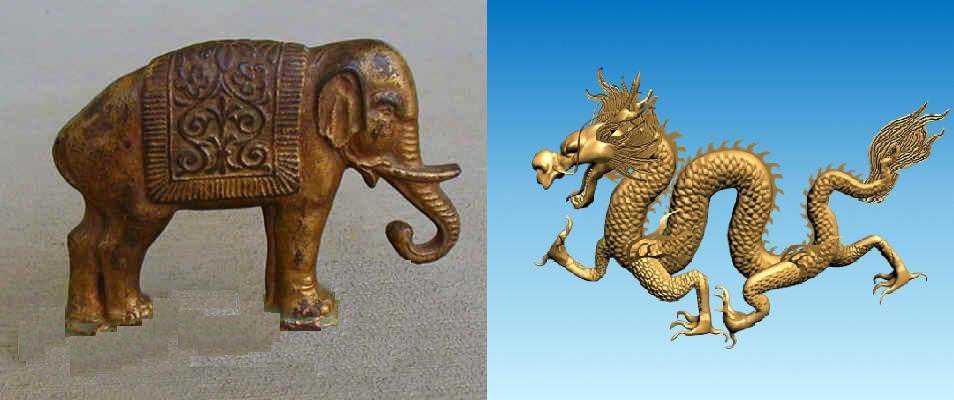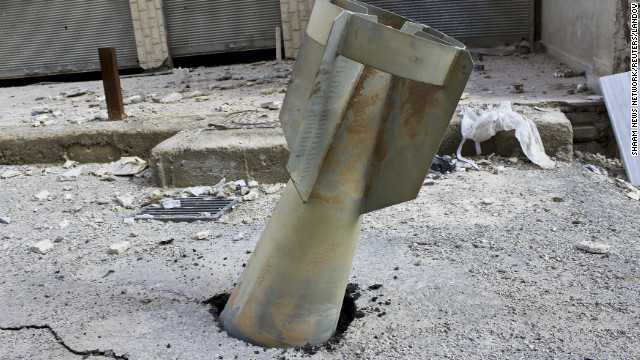
The Washington Post published an article headlined “Lawmakers hope to force Iran’s hand on nuclear program with new set of sanctions.” It says that Iran could face a new array of U.S. sanctions under proposed House legislation, meant to force Tehran into international talks on its nuclear program. Last week, an expert panel assembled by the United Nations said Iran was continuing to use “front companies, concealment methods in shipping, financial transactions and the transfer of conventional arms and related material” to circumvent U.N. sanctions. But the panel also said the penalties have succeeded in slowing Iran’s nuclear and ballistic missile programs.
The other article published by the agency was devoted to Iran’s President Mahmoud Ahmadinejad’s remarks on criticism of appointments and dismissals from his Cabinet without parliamentary approval. Ahmadinejad decided to streamline his Cabinet by combining eight ministries into four. The parliament insisted it must approve the appointments of the new ministers, but Ahmadinejad refused. Instead, he appointed caretaker ministers, including himself as caretaker oil minister. In his TV speech on Sunday he said “Merging is obligatory, under the law.” He dismissed the parliament’s claims as mere debate.
The Los Angeles Times reported that Iranian President Mahmoud Ahmadinejad escalated an unusually public confrontation within the country’s leadership on Saturday by firing three Cabinet ministers, defying Supreme Leader Ali Khamenei and his loyalists, who had warned him the move would be unconstitutional. Ahmadinejad accepted the resignation of the ministers of oil, welfare, and mines and industries as part of a plan to reshape the government by eventually merging eight of the country’s ministries into four, according to the semi-official Fars News Agency and letters posted on his own website.
“Internet Filters Set Off Protests Around Turkey” is an article published by the New York Times. It says that thousands of people in more than 30 cities around Turkey took to the streets on Sunday to protest against a new system of filtering the Internet, which opponents consider to be censorship. The Information and Communications Technologies Authority, known by its Turkish initials B.T.K., is going to require Internet Service Providers to offer consumers four choices for filtering the Internet, which would limit access to many sites, beginning in August. Protesters in Taksim Square in Istanbul called the action, which regulators say is intended to protect minors, an assault on personal freedom and liberty.
The Turkish Agency Hurriyet reported that international nuclear safety experts started to monitor an ex-Soviet reactor in earthquake-prone Armenia on Monday after concerns raised by the recent disaster in Japan, officials said. The experts from the International Atomic Energy Authority’s Operational Safety Team will report on their findings at the end of the month. Last week Armenian Prime Minister Tigran Sarkisian said that safety rules at the nuclear plant had been revised after the catastrophe in Japan.
“Iran, Pakistan discuss security” is an article published by the Iranian information agency Press TV. It says that, during a meeting on Sunday, an Iranian official stressed “the precise and complete implementation” of security pacts between the two countries. The two sides also discussed issues including campaigns against terrorism, narcotics, human trafficking, organized crime, and border control. Abdullahi and Malik also decided on the formation of a Tehran-Islamabad security commission to be chaired by the security deputies of the interior ministers of Iran and Pakistan.
“Azerbaijan wins first-ever Eurovision triumph” Hurriyet reported Azerbaijan scoring a spectacular first-ever win on Saturday in the 56th Eurovision Song Contest, Europe’s annual pop extravaganza. Nigar Jamal and Eldar Gasimov, who were on the stage by the name Ell/Nikki, won 220 points for their classic pop ballad with a catchy refrain “Running Scared”, meaning next year’s songfest will be hosted in Baku. While Turkey gave 12 points to Azerbaijan, the country was also given high points from European countries where there are dense Turkish populations. When the result was announced, Jamal appeared on the stage with a Turkish flag in her hand.
via World Press on Iran, Turkey and the Caucasus (May 14-16, 2011) | Vestnik Kavkaza.





